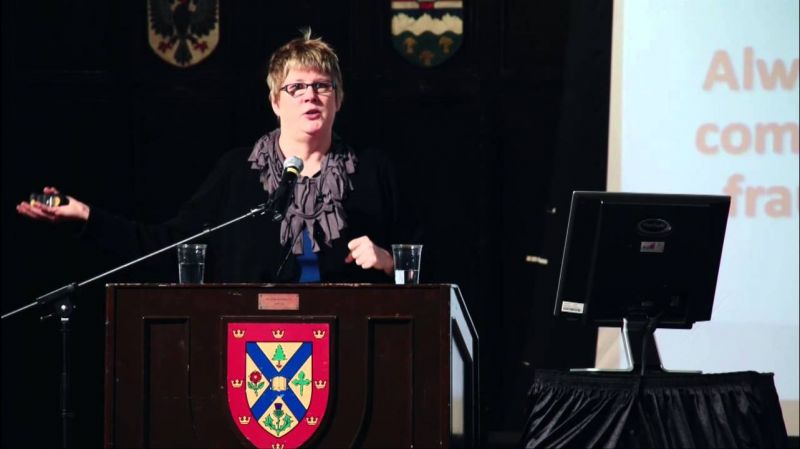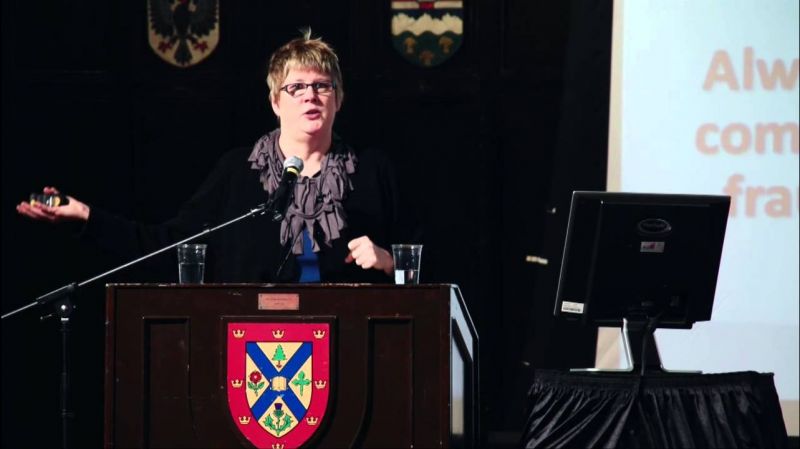Fraud

How to Take the Creative Out of Accounting
Ethical norms plus a timely trigger can keep a lid on aggressive financial reporting

How to Control for Honesty
The challenge is to identify those who really want to be honest and those who only want to appear to be honest
The Curious Link Between Truth-Telling and Autonomy
Internally motivated people are more likely to be honest, unless bosses lean on them too hard
The Immaculate Deception
The MD&A section of financial reports can contain linguistic clues to fraud. How do they get in there?
Beyond Words: Boosting Business Ethics
From executives to general staff, knowing how to deal with conflicts of interest can’t be left to chance. Here’s a three-stage approach to building a do-right culture
Honest Talk About Fraud
It’s not only “bad” or greedy people acting alone who are guilty of wrongdoing, and internal controls go only so far
Partners in White Collar Crime
Corporate fraud is usually blamed on deeply flawed people acting alone. Yet fraud is a far more social affair than managers or auditors may realize
Research Brief: Are Internal Watchdogs More Like Bloodhounds or Poodles?
Executive gatekeepers are supposed to sit between their firms and investors, monitoring for misconduct. A new study says they earn their keep but equity incentives can roll back some gains
Sniffing Out Fraud, Word by Word
Regulators and auditors need all the help they can get to spot underhanded accounting. Here’s a text-based tool that can X-ray annual and quarterly reports
Fraud Happens!
How to determine if your organizational climate is fraud-friendly







